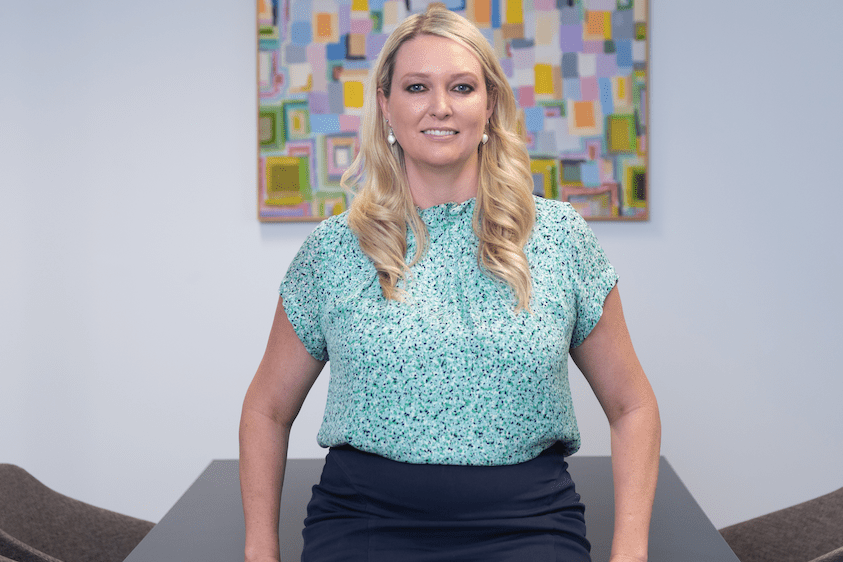“Keeping a school running with staff absences presents significant challenges for principals, senior staff and all of the teachers who are called upon to put their shoulder to the wheel,” writes politcal columnist MICHAEL MOORE.
WALKING around you wouldn’t know that covid is the slightest problem, but in the last year there have been more than 230,000 cases in Canberra alone.

This is almost half of our population that’s estimated to be around 470,000.
There is no compulsion to report covid cases any more – so we can expect these numbers to be a serious undercount. Where are the hand-washing messages? Where are the social-distancing messages? How many people are wearing a mask? The uptake of the next tranche of covid vaccinations has slowed compared to the early days.
One of our “CityNews” regular readers has drawn to my attention the specific problems of schools, particularly as we head into the winter term. The point being made is that it is great covid-transmission weather for the second term of schooling.
And it’s not just covid we should be worried about. The preventive measures that were taken for covid also have a significant impact on the transmission of influenza, colds, other respiratory diseases and common tummy bugs.
Schools and childcare centres are areas where so many people are in close proximity and are particularly vulnerable to the spread of such diseases. Perhaps, as important, is the impact on teaching staff. Not only the personal impact on their own health, but also the impact on all of the staff that work with them along with the students they teach.
With the number of teachers who have been forced to take sick leave because of covid over the last year, the impacts have been quite devastating. Teacher absences because of sickness have in the past been largely covered by relief teachers. There has always been some call on the school staff to cover where relief teachers have not been available.
However, the schools are now facing significant issues as there are simply not enough teachers. This will exacerbate the problems significantly. The solutions come down to things such as inadequate teacher coverage, split classes, lack of preparation time and, with it, less effective teaching.
It is no good blaming the teachers who are already working so hard. Keeping a school running with staff absences presents very significant challenges for the principals, the senior staff and all of the teachers who are called upon to put their shoulder to the wheel.
For a short while, it is possible to cover in this manner. However, in the long term this is likely to have significant impacts on the mental health of teachers. It ought not be surprising to us that they will simply get worn out as they strive to look after students who were not their responsibility at the start of term.
In the coming term things can be expected to continue to get worse. The pressure will be on teachers to turn up for school even if they are feeling ill. In attempting to do the right thing to protect their colleagues from being stressed and overworked the problem will simply snowball. The consequences will be further spread of such infections.
Schools are there for the students. Not only will students be at further risk from infection, but their learning outcomes can be expected to deteriorate.
The NAPLAN results over the last few years have illustrated that the outcomes for ACT schools have not been able to keep up with the national averages. It is just one indicator of learning achievements. But these are the basics. Can our community really afford to see this go downhill even further?
The reader also raised the question of ventilation in our schools. How many schools have seen improved ventilation? In fact, how many other public-sector buildings remain with inadequate ventilation?
There are wide-ranging consequences of poor management of “prevention” in schools. The ACT government has been lax on this crucial part of the Canberra workforce. There seems to be little political appetite to address the “cause of the cause” of these challenges.
Addressing this issue in schools is simply the start. What about the similar impact in nursing and on the patients who are going to miss out on treatment while waiting lists move from amongst the worst in the country to even worse (if that is possible). What about police officers? Bus drivers? Public servants?
What will our complacency really cost in the long term?
Michael Moore is a former member of the ACT Legislative Assembly and an independent minister for health. He has been a political columnist with “CityNews” since 2006.
Who can be trusted?
In a world of spin and confusion, there’s never been a more important time to support independent journalism in Canberra.
If you trust our work online and want to enforce the power of independent voices, I invite you to make a small contribution.
Every dollar of support is invested back into our journalism to help keep citynews.com.au strong and free.
Thank you,
Ian Meikle, editor





Leave a Reply